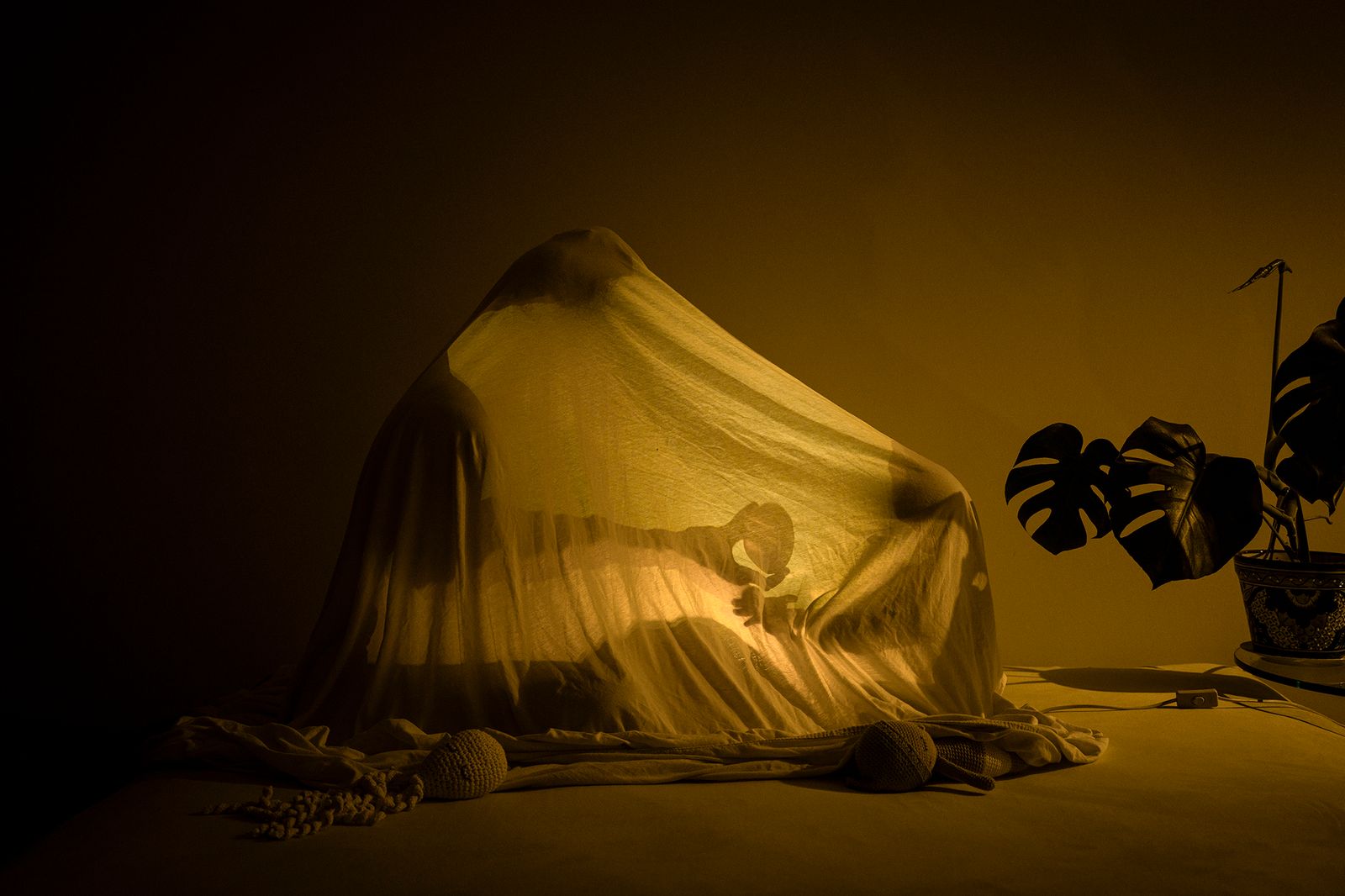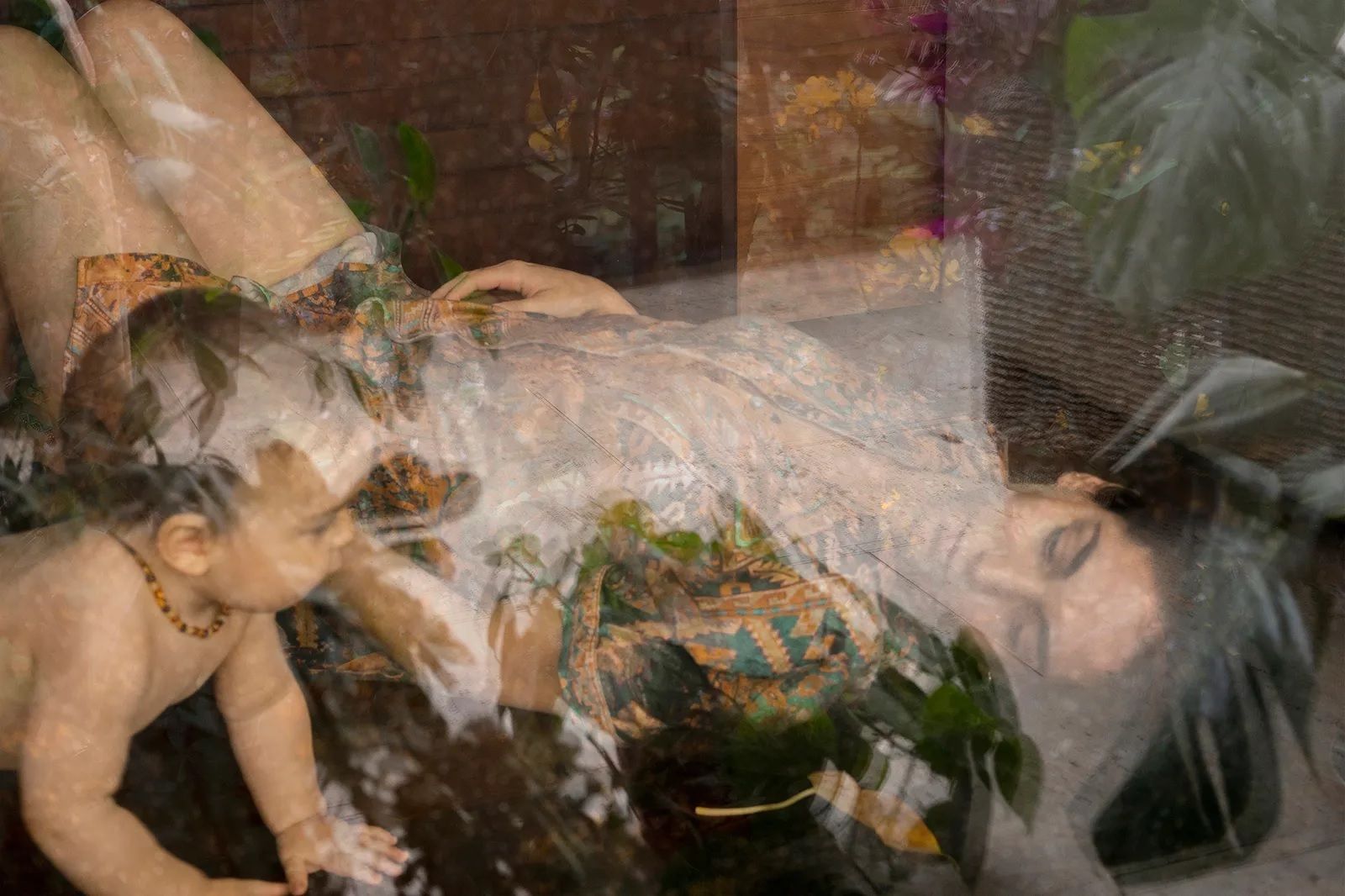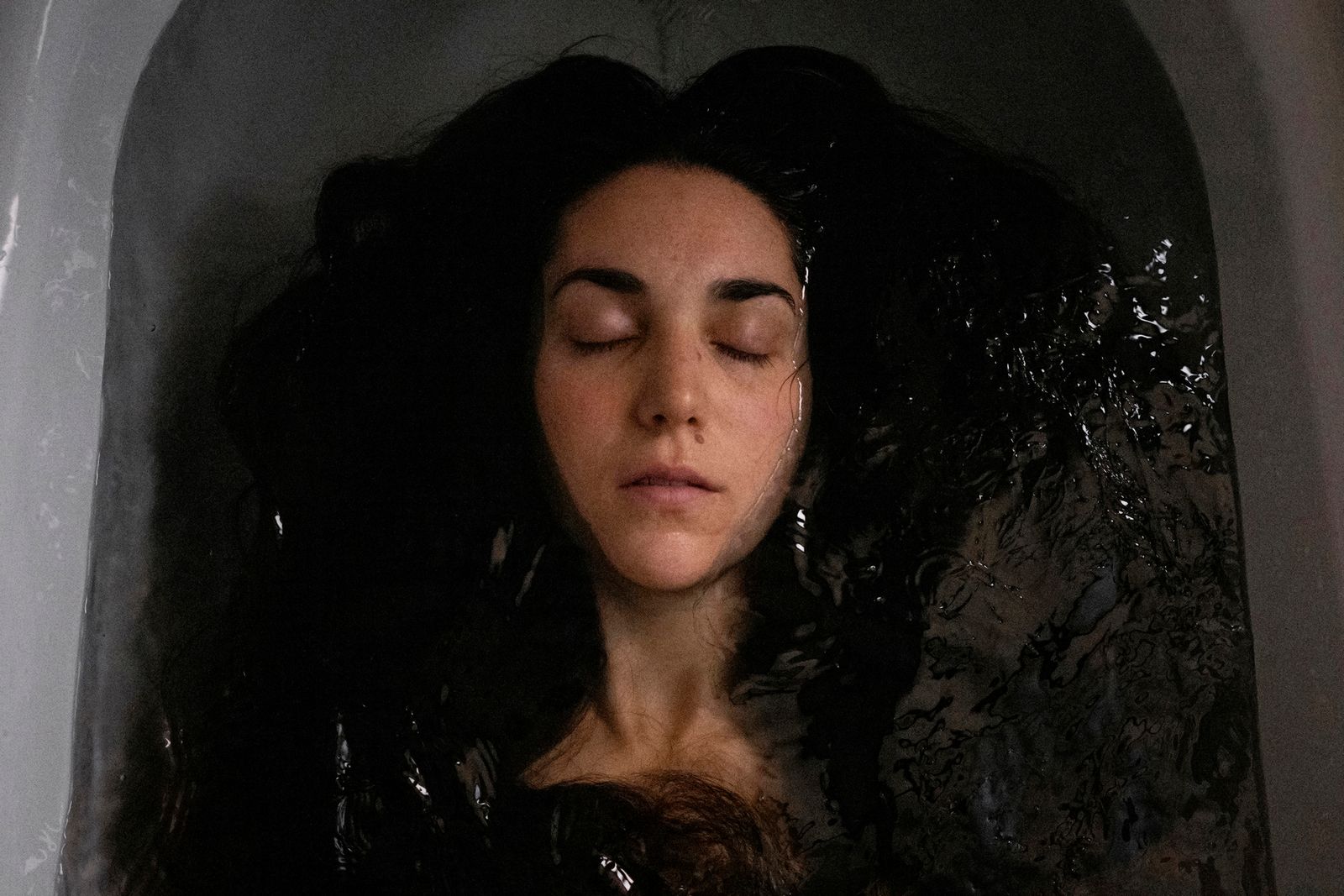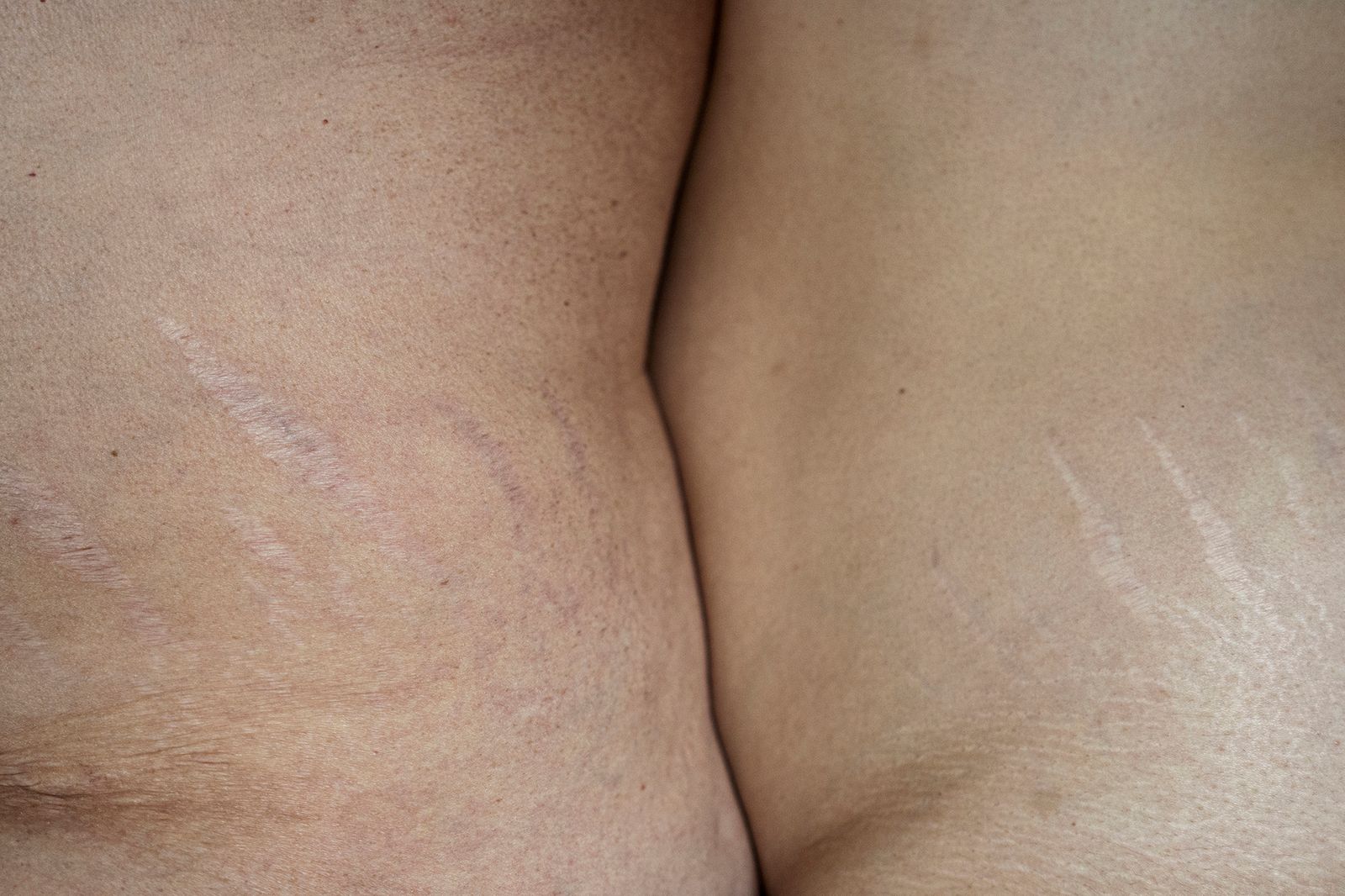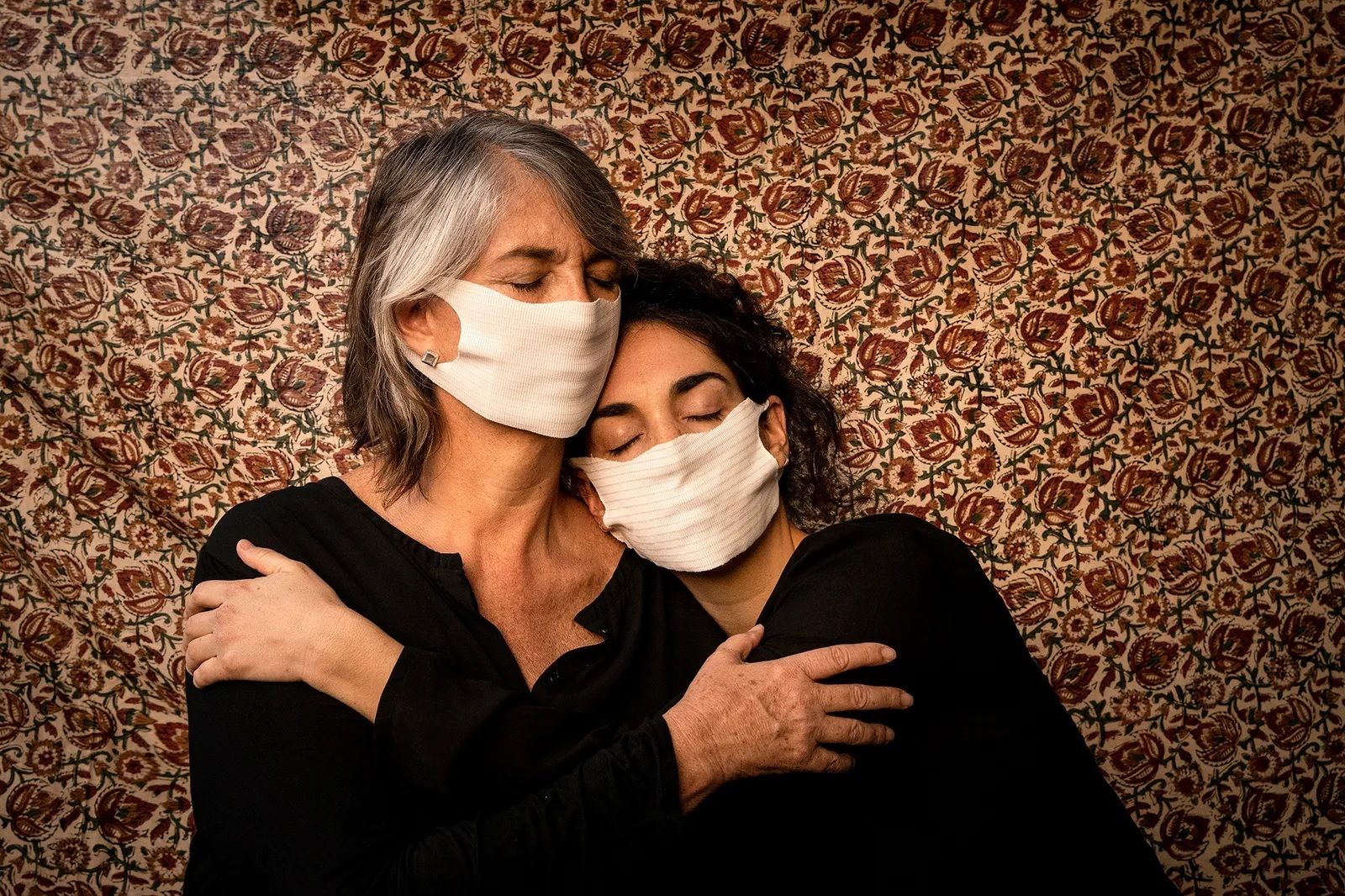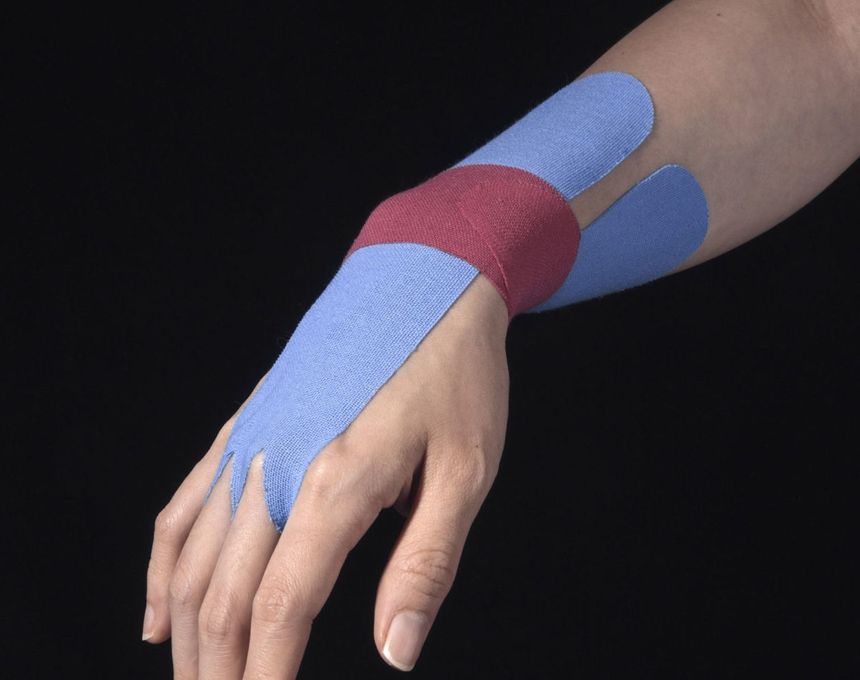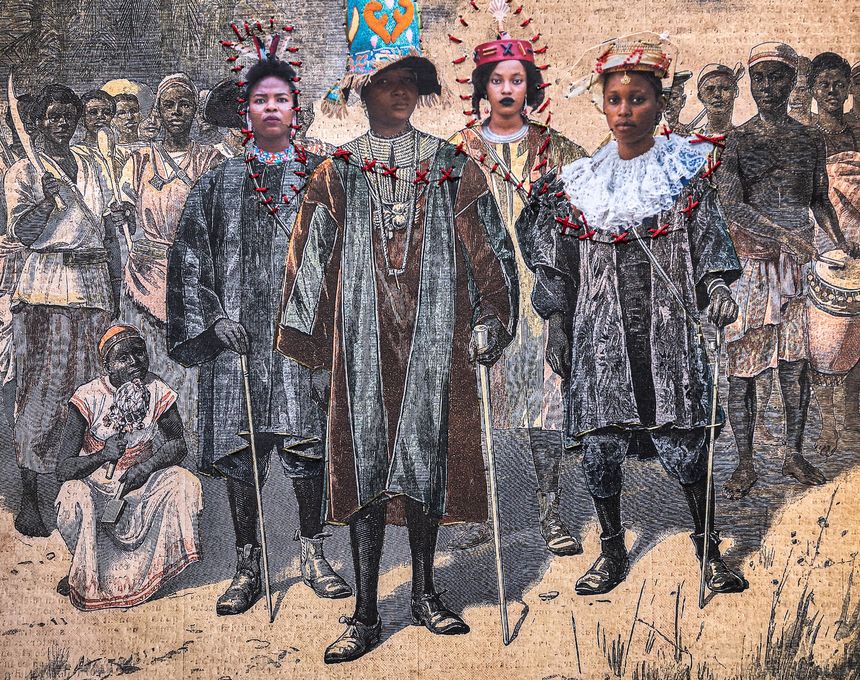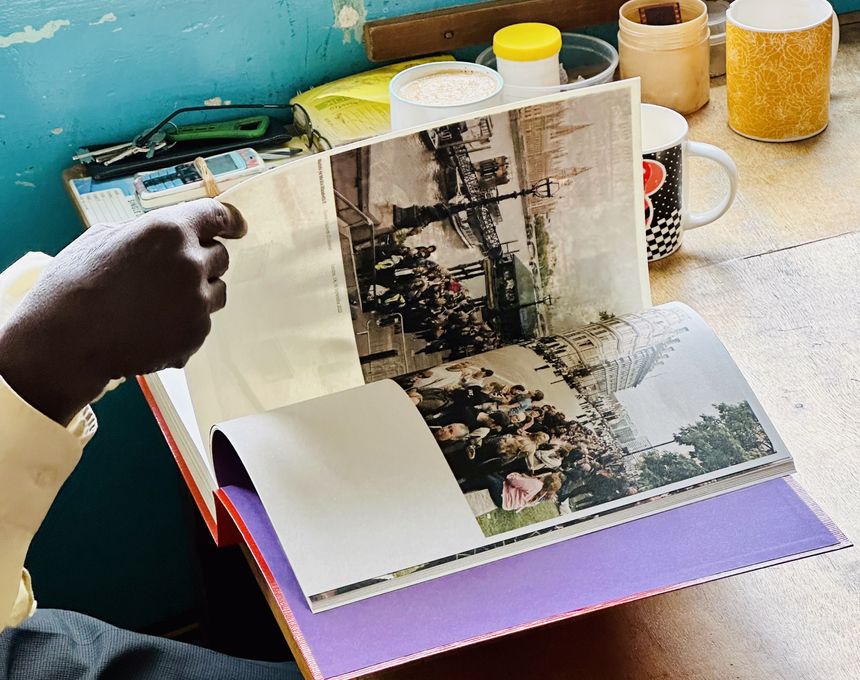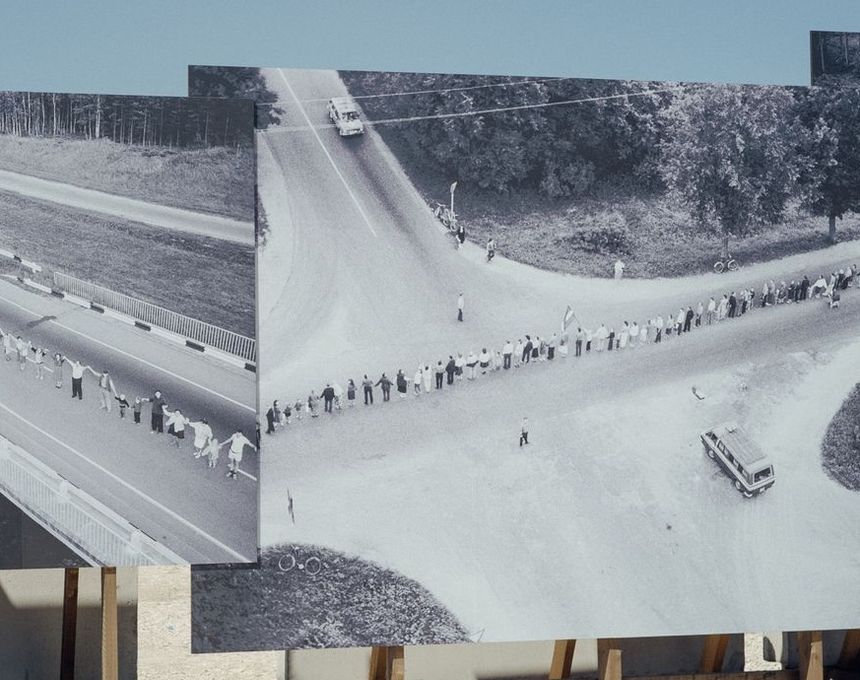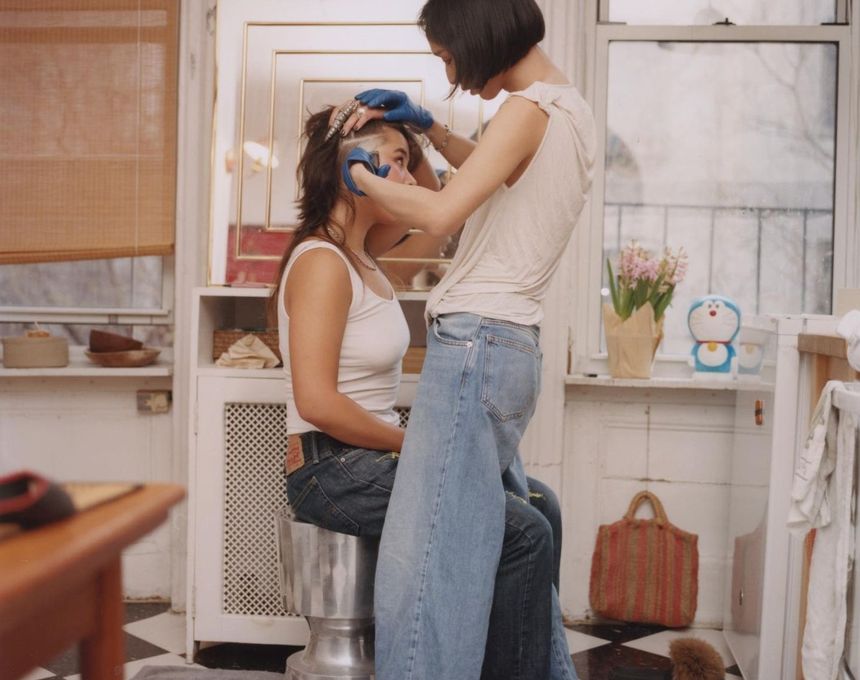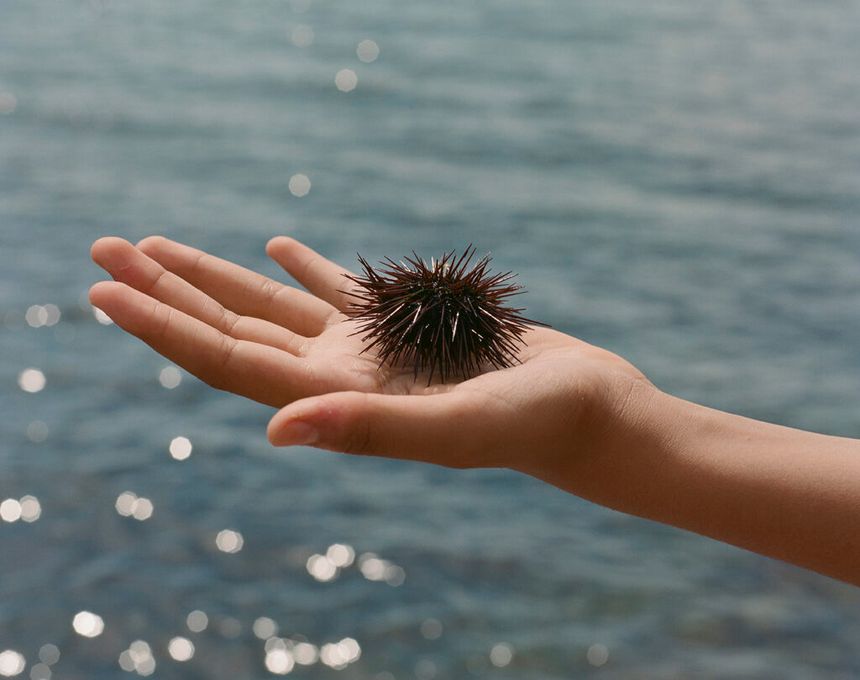Exploring New Motherhood Amid a COVID-19 Lockdown
-
Published18 Mar 2021
-
Author
Quarantined for close to half a year with her newborn son and mother, Colombian-Chilean photographer Tamara Merino picked up her camera and documented her daily life. The result is an intimate reflection upon themes of loneliness, isolation, unanswered questions, anxiety, and hope.
Quarantined for close to half a year with her newborn son and mother, Colombian-Chilean photographer Tamara Merino picked up her camera and documented her daily life. The result is an intimate reflection upon themes of loneliness, isolation, unanswered questions, anxiety, and hope.
Quarantine Diary is an intimate project that looks into the confined space of the Colombian-Chilean photographer, Tamara Merino. Aside from the physical space shared with her mother and son Ikal at home, Tamara takes us through the emotional journey that refers to spending over one-hundred days together without any time outside. Through this personal and family journey she looks to make sense of all her emotions during this worldwide pandemic.
Quarantine Diary offers a very different approach to your previous personal projects. How did it feel pointing the camera toward yourself and your closest loved ones?
In my work, I have always documented other people's lives, but this time the pandemic gave me a pause without haste, without pressure, and without excuses. I gave myself the opportunity to turn the camera toward my own intimacies and portray what was going on inside my life. So, I started Quarantine Diary during the total lockdown in Santiago de Chile and it explores my own intimacy and the relationship with my son, Ikal, and my mother.
We were confined in the same space for 146 days and that allowed me to photograph with new narratives. I did self-portraits as a resource to include myself in the story, which was an almost therapeutic-like process as it empowered me to tell my own story, as well as to understand myself more deeply. And it was this swaying of feelings and taking pictures with my phone or a toy camera that my son received for his first birthday. My Quarantine Diary, which was accompanied by a written journal as well, helped me confound my fears and understand what I was feeling.
How do you find confinement influenced your work?
I was surprised at how trapped I felt at first during quarantine, but then I found that routine and confinement have given me the opportunity to explore new narratives through storytelling: a way of telling my own story from an emotional and timeless point of view. One that connects us all around the world. Confinement has forced me to ask myself so many times during quarantine: what happens when humans are deprived of the essential and necessary connection with nature? While photographing, I was trying to answer how the lack of nature during isolation was making us suffer, on an emotional and social level, as well as our own mental sanity.
Focusing on the importance of the human relationship to nature and what we stand to lose when that connection ruptures. I’m convinced that this unusual time in our collective history shows that humans are undeniably interrelated with nature and that a human populace in balance depends on a planet in balance. On the other hand, I have fallen in love and found poetry and magic in everyday life moments. Showering, hugging, touching, and holding are actions that will never have the same meaning again after this extended confinement.
In terms of motherhood, how do you think this new title in your life has impacted you?
I have lived through two quarantines in the last couple of years; both of them after the birth of my son, Ikal. In Latin America, many new mothers observe a 40-day quarantine period in which relatives and friends take over household chores so that the mother and her baby can bond while recovering from the birth. For some reason, during isolation, I felt like a woman who had just given birth. I think this is because the context and the emotional register of my life remained so similar.
During my first quarantine, postpartum, I was full of hope. But the COVID-19 quarantine brought me great anxiety for the future, for my son, and for the planet. My quarantine days were breastfeeding, napping, diapering, playing, loving, and repeating. Deep down, I feel that quarantine is like new motherhood: an endless spiral of loneliness, isolation, unanswered questions, anxiety, reflections, and hope. I see these emotions as a neutral feeling: neither negative nor positive. Undoubtedly, confinement feels stronger and more overwhelming when someone imposes it upon us. When we have freedom over our actions, but we decide to stay home, we still feel free. Not anymore. However, quarantined or not — freedom is not defined by confinement or by being outdoors. Freedom is a state of mind.
Tamara, I’m also interested to learn more about your decision to include your mother in the photos. How did that occur?
My mother was also with us during confinement, so in an unconscious way, she was intrinsically part of the story that we were all experiencing together in this particular period of time. Together we did the daily exercise of accompanying, guiding, and caring for each other. She is the beginning of my own motherhood and so it is an endless circle. She materialised it. And quarantine gave us the chance to share the most genuine and soulful experiences that we would never have lived together if it weren’t for the COVID-19 pandemic.
Portraying my own motherhood and the relationship between my mother with my son during isolation has allowed me to heal wounds that I have carried over time. Being able to suture them myself, observe them, face my fears, my demons, and uncertainties, and to eventually forgive my mother. We adopted new forms, routines, and rituals to live together and respect each other in this new way of coexisting. On the other hand, the symbiosis we created between the three of us made the story much more transversal and evokes a more expansive vision of motherhood.
-------------
Tamara Merino is a Colombian-Chilean photographer currently based in Santiago, Chile. She is a National Geographic Explorer, documentary photographer and visual story teller focused on human rights, social change and identity stories. Follow her on Instagram.
Verónica Sanchis Bencomo is a Venezuelan photographer and curator based in Hong Kong. In 2014, she founded Foto Féminas, a platform that promotes the works of female Latin American and Caribbean photographers. Follow her on Twitter and Instagram.
-------------
This article is part of In Focus: Latin American Female Photographers, a monthly series curated by Verónica Sanchis Bencomo focusing on the works of female visual storytellers working and living in Latin America.
